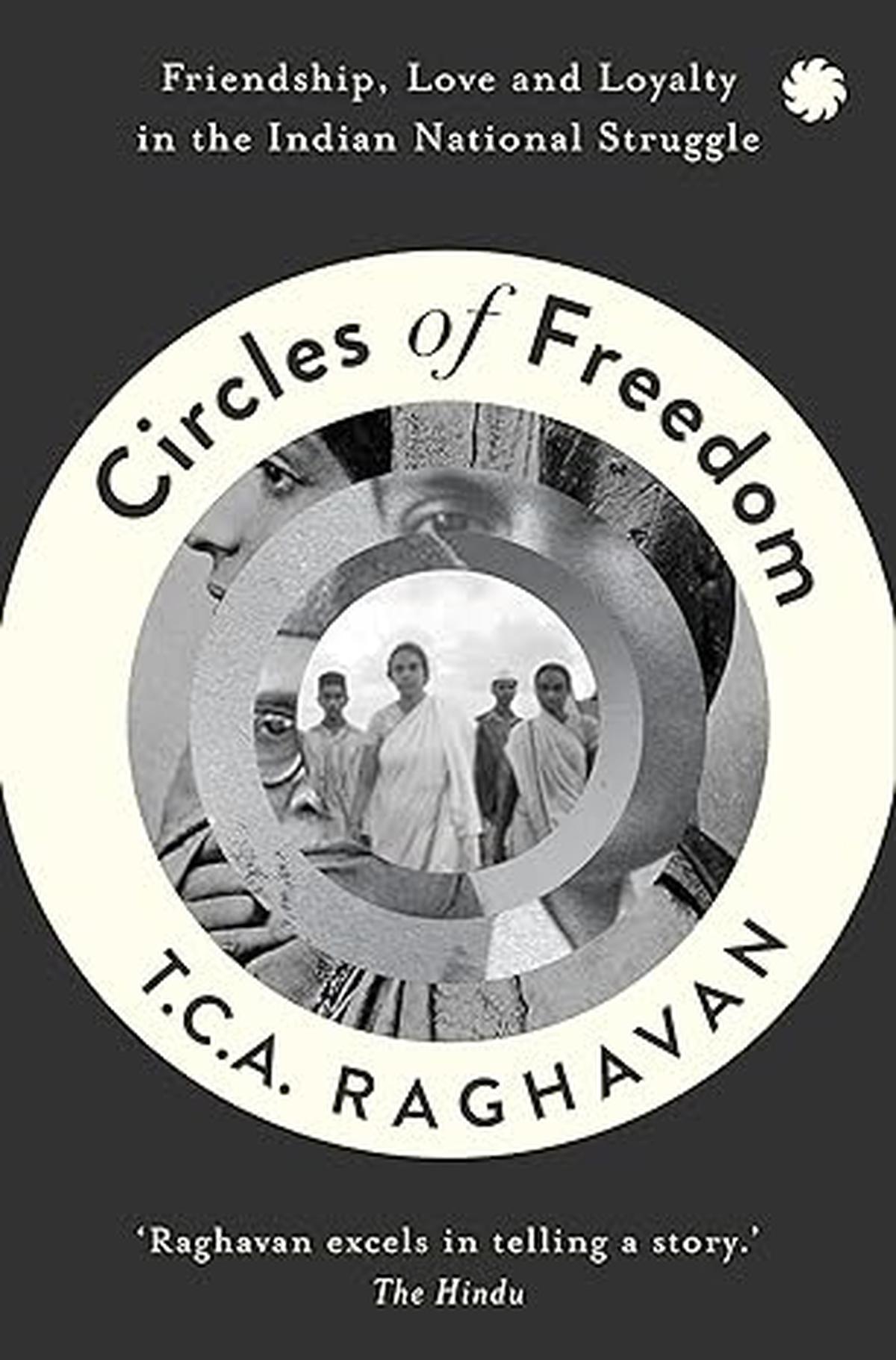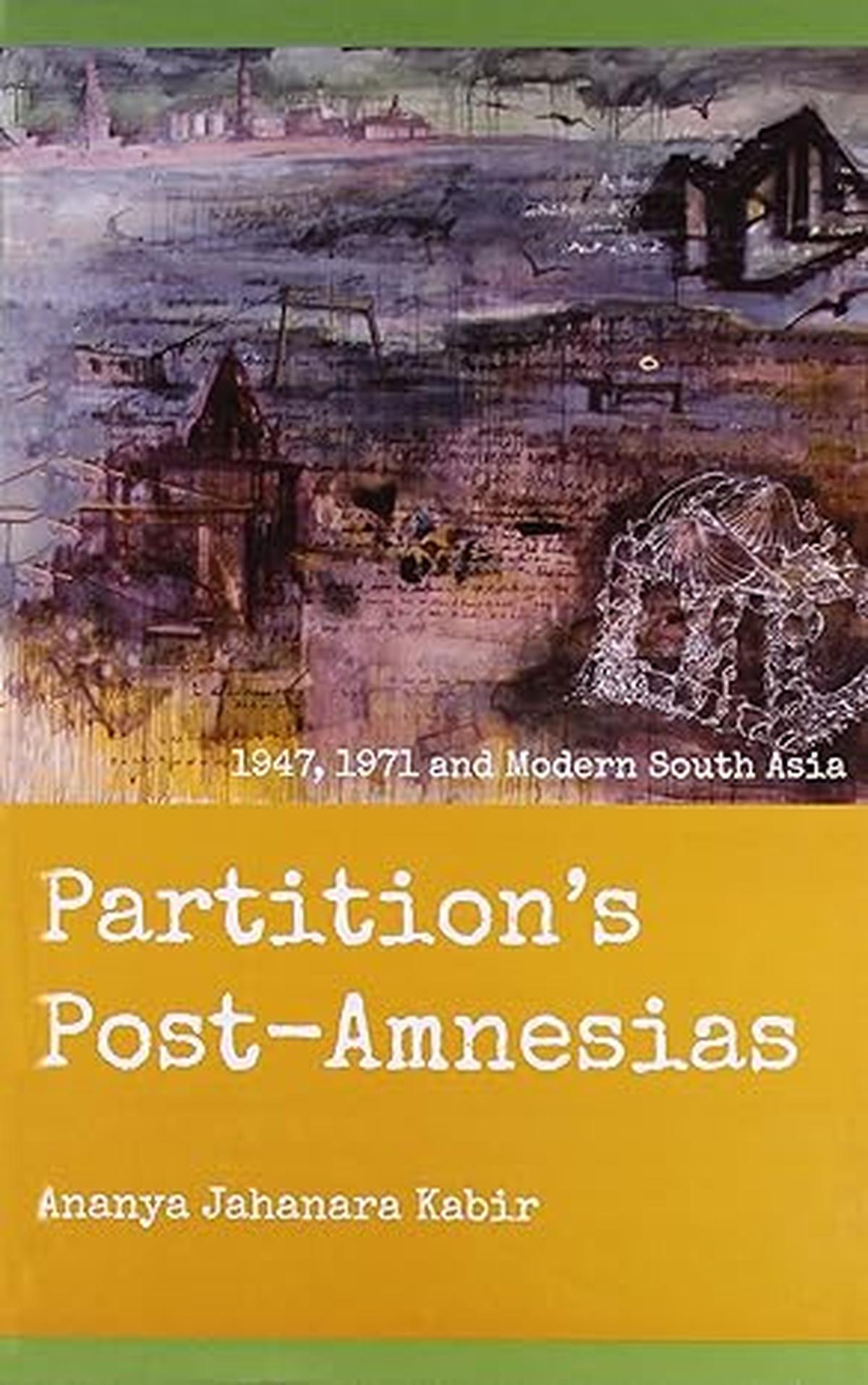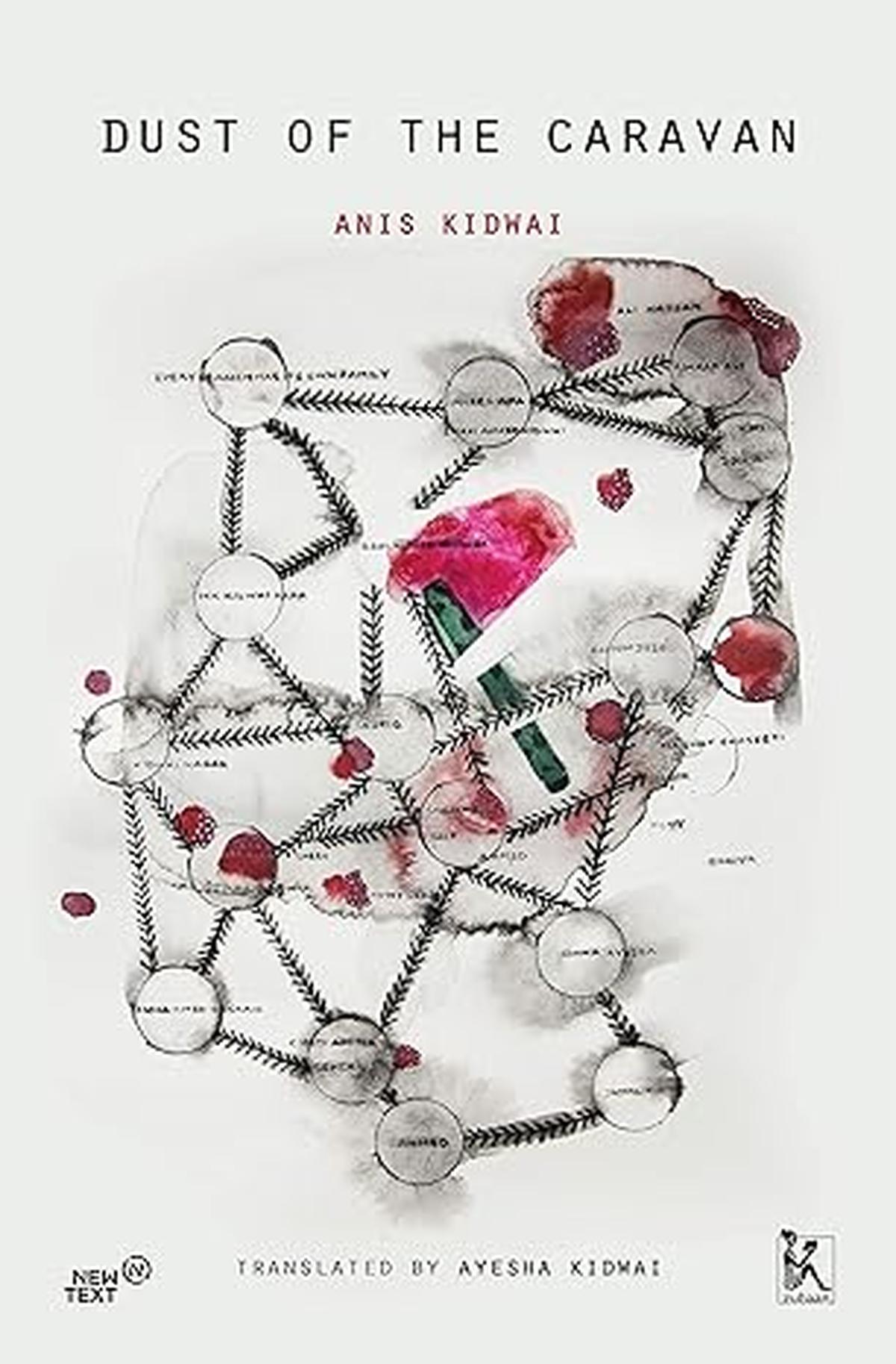
In this September 1947 file photo, hundreds of Muslim refugees crowd on top a train leaving New Delhi for Pakistan. | Photo Credit: AP
British historian Eric Hobsbawm once remarked that “History is to nationalism what a poppy is to a heroin addict.” History is not something that can be comprehended just as a form of knowledge about the world we live in. It’s often effectively used for political purposes, and also at times invented, should this be necessary for the purpose.
This past is so constructed as to sustain a particular political ideology for which it is foundational. The colonial obsession towards understanding India and its past was instrumental in strengthening their political control over India. James Mill wrote The History of British India and maintained that this history was essentially that of two nations, the Hindu and the Muslim, quite distinctly separate and constantly in conflict. It is significant to understand that this reading of history substantially strengthened colonial rule over India. Its single and universally applied explanation of religion as the prime cause of every major historical activity is often discarded by professional historians.
The divide
Over seventy years after India’s independence from British rule and the subsequent partitioning of the country into India and Pakistan, discussions about this area of history continue to thrive in the contemporary imagination of the subcontinent. Writers and historians continue to discover different aspects and layers of the Indian national movement and Partition.
The Indian national movement, argues T.C.A. Raghavan in his new book, Circles of Freedom, was a vast stream made of numerous and frequently contrarian little rivulets.

Millions participated in it and there were many leaders, all well known in their time but who became invisible in the dazzle of Gandhi, Nehru, Patel and others who headlined the soundtrack of India’s struggle for freedom. His book puts the limelight on a veteran freedom fighter Asaf Ali and also on the circle he was embedded in and those with whom he associated himself at various points of his life and for different reasons. Sarojini Naidu was pre-eminent in this circle, her vibrant personality, her passionate championing of Hindu-Muslim unity made her one of the earliest standard bearers of the national movement.
The moderate’s predicament
Syed Hossain and Syed Mahmud — the journalist and the politician — complete this circle. Asaf’s story illustrates the predicament of the moderate Muslim in the national movement, viewed with suspicion by many in the Congress and as a renegade by many in his own community. Through the eyes of Asaf and his friends we encounter an alternative perspective on events, one rarely found in the mainstream narratives of India’s national movement.
The Partition of 1947 and 1971 marked significant chapters in South Asia’s history, characterised by migration, violence, bloodshed, and societal estrangement that often overshadow the enduring cultural bonds weaving through the region.

In her work, Partition’s Post-Amnesias, Ananya Jahanara Kabir links these partitions, revealing a collective amnesia ingrained in the post-Partition narrative that tends to fixate on stereotypical themes of violence and suffering. Kabir proposes a novel perspective by exploring objects, material culture, and artistic expressions, offering a fresh lens beyond the conventional narratives of Partition. By delving into cultural elements such as cuisine, artefacts, maps, and folk music, she illuminates a shared cultural heritage rooted in pre-Partition India, presenting a holistic view that transcends the compartmentalised histories of South Asia’s nations. The book prompts readers to look beyond the convenient assumptions of the post-Partition selves created by nationalist paradigms Indian, Pakistani and Bangladeshi.
Personal, political
Anis Kidwai in her book, Dust of the Caravan or Ghubar-e-Karwan, translated into English by her granddaughter Ayesha Kidwai, presents a cohesive narrative detailing the journey of a Muslim woman who integrates herself into the Indian freedom struggle. Initially viewing the world through a purdah and questioning the essence of a religious existence, she transforms into an advocate for women’s rights as an activist and parliamentarian.

Kidwai’s memoir delves into her personal and political life, shedding light on forgotten figures of India’s freedom movement like Dr. Saifuddin Kitchlew and Mridula Sarabhai. Kitchlew’s pivotal role as a mass leader of the Congress in Punjab and a key figure in the Khilafat Movement faded into obscurity in the post-Partition era, while Sarabhai, a staunch advocate for women’s rights and dissent in democracy, faced marginalisation due to her opposition to Sheikh Abdullah’s arrest in 1953 and her vigorous campaign for his release.
Kidwai laments that despite India’s independence, the envisioned freedom did not materialise as expected. Sarabhai’s tireless efforts in assisting distressed women, initiatives for rural training, support for displaced women post-Partition, and establishment of a Women’s Service Home for Muslim girls were overshadowed by a persistent societal amnesia and remain unrectified.
The partition of India and Pakistan followed the hard-fought struggle for freedom, culminating in 1947. This freedom was the result of a long and protracted effort by numerous freedom fighters against British imperial rule. However, amidst the grand narrative of India’s journey to freedom, the lesser-known contributions of many unsung heroes often go unnoticed. Asaf Ali’s unwavering resolve for India’s freedom and Sarojini Naidu’s passionate advocacy for women’s rights are as significant as the more widely recognised milestones of the Indian national movement.
To clear the cobwebs and to have a more nuanced understanding of the Indian national movement and Partition, these three books serve as an excellent initial step.
Saleem Rashid Shah is a book critic and an independent writer based in Kashmir.

